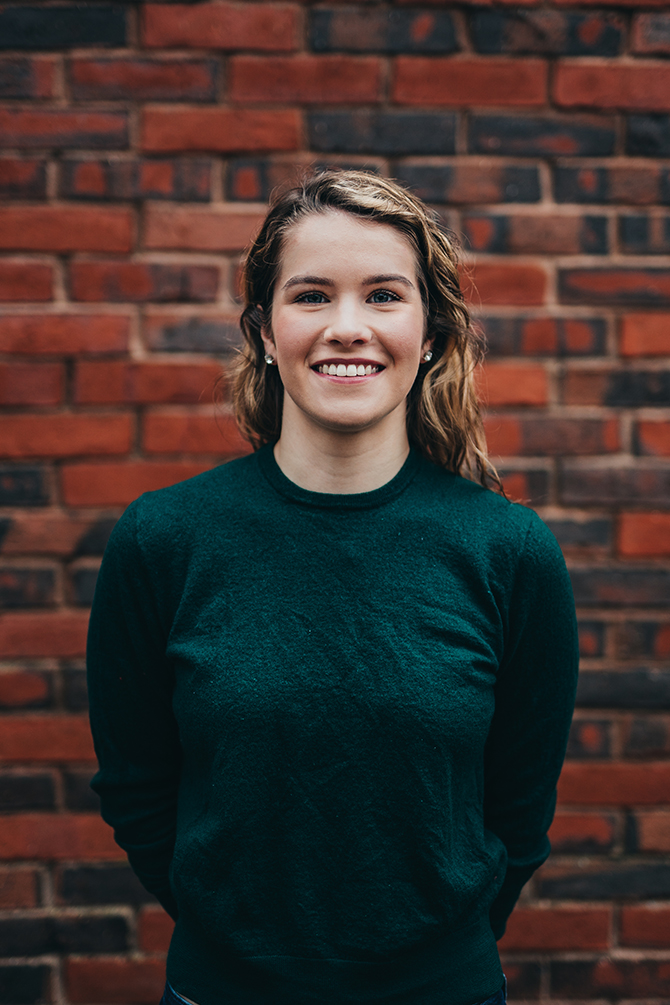The Fall 2019 SST experience was unique to say the least. Our group had six students, which made us the smallest group that has ever gone on SST. We were also the first SST group in Ecuador. The memories that stand out to me the most are the political protests that delayed our travel to service.
On October 2nd, midway through our trip, the Ecuadorian government passed laws that took away gas subsidies, doubling the price of diesel fuel. All public transit vehicles use diesel, so workers and citizens went on strike a few days later and blocked off roads. The government actually moved out of the capital city of Quito, where we were staying, for a few days so the protests outside of government buildings wouldn’t force the president to step down. The country as a whole was essentially shut down for a week or so; social media and the news called it “El Paro”, which means “the stop”.While being bewildering and terrifying, living in the capital city during the intense protests was a fascinating experience. We got a firsthand look at what political demonstrations and violence look like in South America. I learned that democracy is not always peaceful or pretty. Smelling the smoke of burning tires is different from seeing pictures in a CNN article. Thankfully, all of the SSTers lived in the north section of the city, where there wasn’t too much action. Most of our time during “El Paro” was spent stuck in our respective houses with our host families, reading books and playing games.
The protests also made me feel privileged, helpless, and overwhelmed. As an outsider, whose side should I be on? What am I supposed to do when there’s literally nothing that I can do to help?
Nothing makes you feel quite so helpless as sitting in the passenger seat of an Uber, driving through a street littered with burning tires, while your driver honks in support of the protestors, desperately trying to disguise the fact that he’s a public transit worker so he doesn’t get rocks thrown at his car. (That’s my big story from SST – come ask me for details if you want.)
I was slightly worried that since the protests happened during the first unit in Ecuador, it would prevent the development of the Ecuador SST program. If the protests got bad enough that we had to leave the country, what would that mean for the program as a whole? It was bad luck, and bad timing. Thankfully, we were able to complete our term, and a second group of students has already begun their studies back in Ecuador.
Since public interprovincial travel was shut down, we were not sure if we could go to our previously arranged service locations. Our leaders, Andrew and Ruth, worked quickly to find us all host families and service assignments in a different location, and we all ended up going to the same city on the coast. Huge shoutout to Andrew and Ruth for thinking on their feet.
The service portion of SST went off without a hitch, which is amazing now that I stop to think about it. Of course, the earlier events colored the rest of our time there, but our new city was peaceful, and life continued on as normal. I learned from interviews with several Peruvians from Manta that the region’s inhabitants are often known to be more “passive and calm.” I got the regular SST experience of eating unfamiliar foods, taking cold showers, and helping strangers heft their buckets of raw fish out of a truck bed. Manta was a fishing town – we all ate a lot of fish.
I’m still not sure what God’s plan was for all we experienced on SST, and maybe I’ll never know for sure. I’m thankful for safety and health and the connections I made with the students and families. I’ve continued texting my host mom from study, and I’ve continued practicing my Spanish with my boyfriend’s family. Despite the mild chaos that we stumbled upon, I think our inaugural trip to Ecuador was a success, and I hope it continues to be for the current and future groups.



